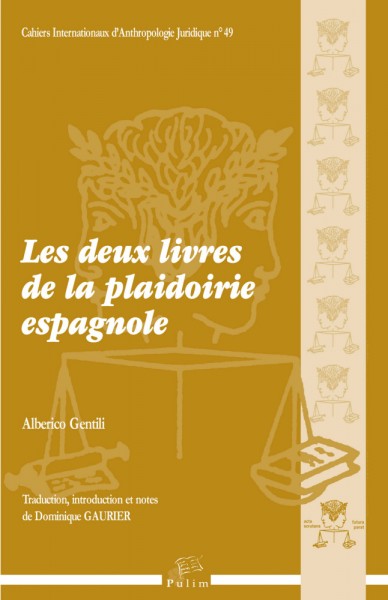(image source: Travelodge)
The path from the European law of nations to a universal system of international law has attracted wide scholarly attention in the past decade. A variety of approaches have challenged the narrative of a European system that simply expands and covers most of the planet in the late 19th century. For example, scholars identifying with the TWAIL movement (Third world approaches to international law) have criticized modern international law as a product of western imperialism and colonialism. Building from this critique, other scholars have begun to ask how non-European conceptions and influences shaped and re-formed the European law of nations on its path towards becoming a global system. How can we read non-European jurists, lawyers, state leaders and peoples as producers, not just consumers, of international law?
Politicians, lawyers and activists from non-European countries are now seen as more than mere vessels through which the tradition of the European law of nations was stamped into new contexts. Rather, scholars now explore the impact of local elites in shaping the way international law was received into their regions. But to what extent were they successful in shaping international law as a whole? We need a stronger analytical framework to explore the broader picture and a more precise understanding of how each region’s or nation’s encounter with international law shaped both their own experience and aspects of the international system.
The Interest Group for the History of International Law wants to support this emerging interest in contrasting and comparing regional experiences and invites scholars at every stage of their career to share insights on any angle of these developments, without geographic or temporal limitation.
Possible questions include:
- What were the legacies of those regions and civilisations that had their own systems and traditions of law prior to the imperial encounter with Europe and its law of nations? Are there common patterns in how regional or imperial systems responded to their encounter with European international law, perhaps shaped by shared history, culture or religion, or was each experience specific and unique?
- If elements of Roman law or the European feudal order are recognized as precursors to features of modern international law, should extra-European legal systems be looked at in a similar way?
- Can we detect a difference between international legal doctrine and state practice in analyzing these encounters?
- What were the roles of specific fields of law, be it the acquisition or transfer of territory, the settlement of international disputes, the norms and expectations regarding the conduct of war and the conclusion of peace agreements, the legal status and experiences of foreign merchants, officials or travelers or the process of entering the emerging universal system of public and secret diplomacy?
Abstracts must be submitted no later than 15 April 2018 to esilighil@gmail.com on behalf of the Steering Committee of the Interest Group, which shall collectively supervise the blind peer-review process of the abstracts. Applicants will be notified on the outcome of the selection process by 25 April 2018.




